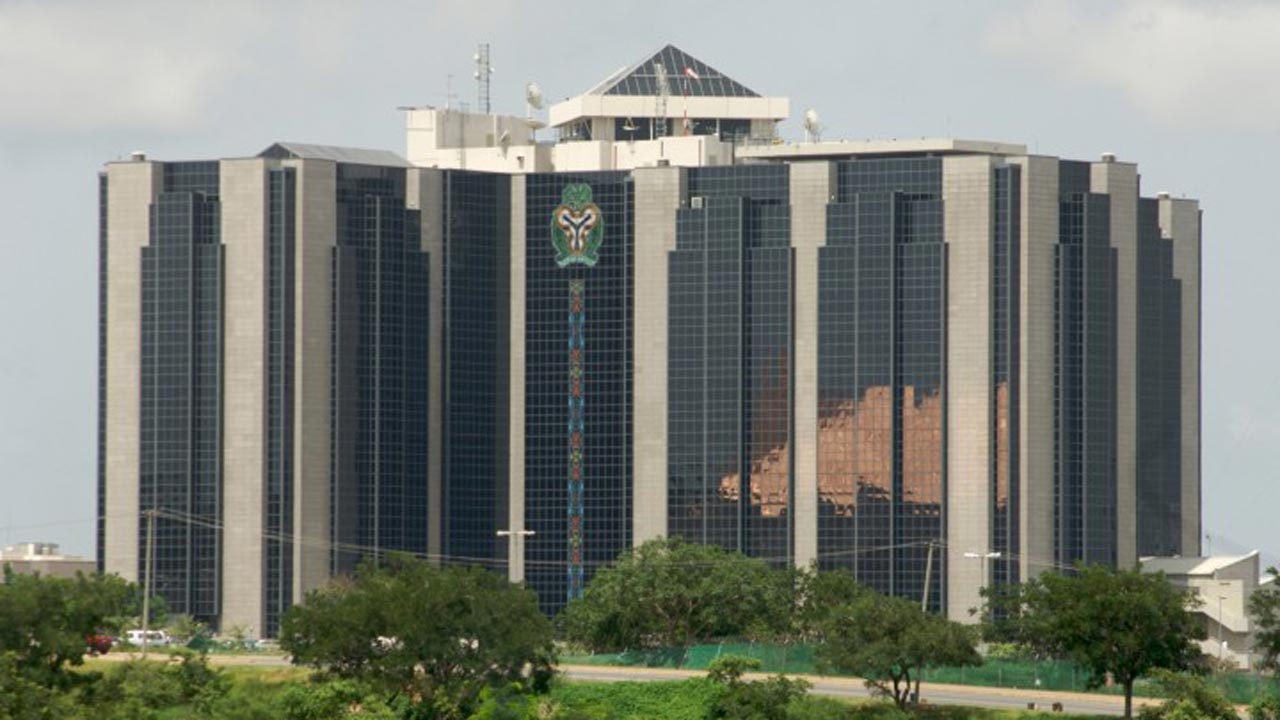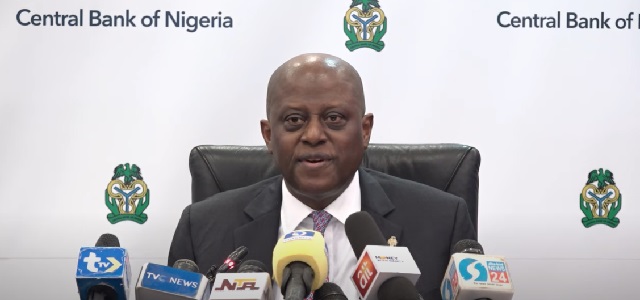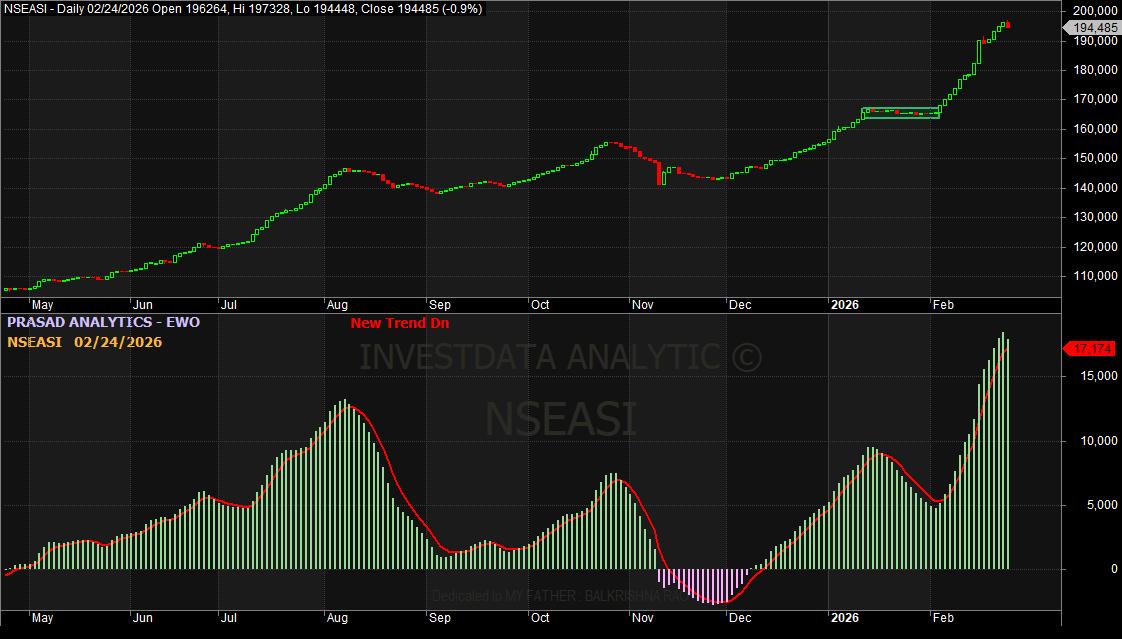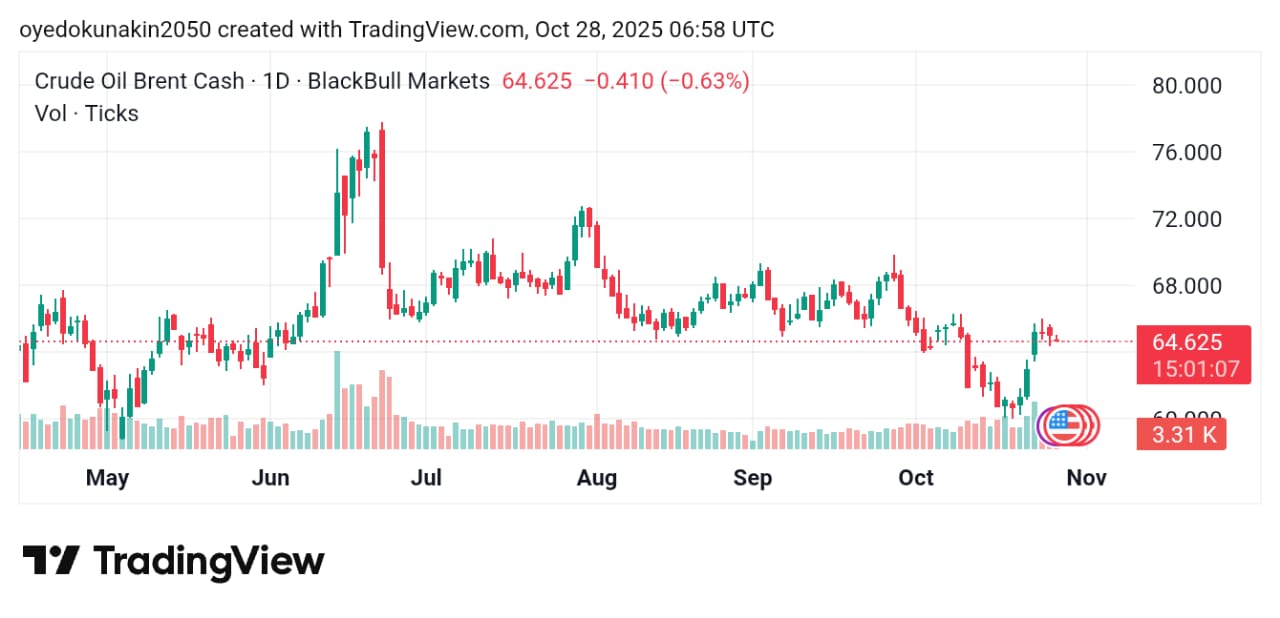
- Banks To Move Funds Dormant For 10 Years Into Special Account
In its bid to curb abuses in the operation of dormant and inactive accounts in Nigerian banks, among others, the Central Bank of Nigeria (CBN), on Friday issued its much awaited Guidelines on the management of dormant accounts and other unclaimed balances by banks and other financial institutions in the country.
Such accounts, the guidelines noted, are deposits and other financial liabilities in the books of banks with no customer-induced activity or have remained unclaimed or dormant with a financial institution for 10 years and beyond- whether current, savings and term deposits in local currency; domiciliary accounts.
Also among eligible accounts are: deposits towards the purchase of shares and mutual investments; prepaid card accounts and wallets; government Owned accounts; and proceeds of uncleared and unpresented financial instruments belonging to customers or non-customers of financial institutions. Others are: unclaimed salaries and wages, commissions, and bonuses; proceeds of stale local and/or foreign currency drafts not presented for payment by beneficiaries; funds received from a correspondent bank without sufficient details as to the rightful beneficiary and/or a recall of funds made to the remitting bank to which the Nigerian bank account had not been debited; judgment debt for which the judgment creditor has not claimed the amount of judgment award; and any other deposits or financial assets that may be designated by the CBN.
The guidelines noted that the continued “maintenance of such accounts results to accumulation of huge unclaimed balances at the disposal of the financial institutions for which the depositors may not be adequately compensated.”
It mandates the CBN to open and maintain the ‘UBTF Pool Account’; keep records of the beneficiaries of the unclaimed balances warehoused in the UBTF Pool Account; invest the funds in Nigerian treasury bills (NTBs) and other securities as may be approved by the ‘Unclaimed Balances Management Committee’.
The apex bank is also to t\refund the principal and interest (if any) on the invested funds to the beneficiaries not later than 10 working days from the date of receipt of the request; and where it is imperative to extend the timeline, a notice of extension shall be communicated to the requesting FI stating reasons for the extension.
The guideline, however, exempted dormant accounts and financial assets that are subject of litigation; or judgment debt for which the creditor has not claimed the amount award and the case is still active in Court; accounts under investigation by a regulatory authority or law enforcement agency; and encumbered accounts including, but not limited to collaterals and liens.

The CBN noted further that the latest version which replaces the earlier version issued on October 7, 2015, will help curb abuses in the operation of dormant and inactive accounts and set operational standards, that such “dormant and unclaimed balances are increasingly susceptible to fraudulent transactions or abuse.”
The guidelines is to identify “dormant accounts/unclaimed balances and financial assets with a view to reuniting them with their beneficial owners; hold the funds in trust for the beneficial owners; standardize the management of dormant accounts/unclaimed balances and financial assets; and establish a standard procedure for reclaim of warehoused funds.”
The guideline requires the CBN to open and maintain an account for warehousing such unclaimed balances in eligible accounts called “Unclaimed Balances Trust Fund (UBTF) Pool Account,” which shall be managed by a committee.
The management committee is to Oversee the operation of the UBTF Pool Account; issue regulations, guidelines and circulars on the administration of dormant/unclaimed balances and financial assets in financial institutions; monitor and enforce compliance with the guidelines; and manage the funds in line with the provisions of the Banks & Other Financial Institutions Act (BOFIA 2020). The committee shall also establish standard procedures for reclaiming such warehoused funds; resolve escalated complaints relating to reclaim of warehoused funds; publish annually on its website, the list of owners of unclaimed balances that have been transferred to the ‘UBTF Pool Account;” publish on its website, the procedure for reclaim of warehoused funds and other financial assets; and publish annually a notice in three national daily newspapers inviting members of the public to check details of outstanding unclaimed balances in its custody.
While the Nigeria Deposit Insurance Corporation (NDIC) is to act on behalf of financial institutions in liquidation, financial institutions are to monitor inactive accounts and notify the customers as well as protect such accounts from unauthorized usage. Financial institutions must also “establish procedures that will ensure continuous contact with customers to reduce the incidence of inactive/dormant accounts; and maintain records of procedures and periodic efforts to contact customers with inactive accounts.
They are also to advise customers in writing, on the need to communicate changes in their names, addresses, phone numbers, emails and next-of-kin. In the case of corporate entities, changes in directors, authorized signatories, business addresses etc; in addition to bearing the costs of maintaining inactive and dormant accounts as well as contacting the customers.
The financial institutions must also render quarterly reports on dormant accounts in a prescribed format to CBN’s Banking Supervision Department (BSD) and Other Financial Institutions Supervision Department (OFISD) as applicable; besides notifying account owners in writing through the agreed medium such as email, text message, and letter immediately an account becomes inactive/dormant and thereafter on a quarterly basis;
The financial instituions must also reactivate dormant accounts upon request by the account owner or his/her beneficial owner; continue to reflect dormant account balances as deposit liabilities and such balances, where applicable, shall continue to earn interest until they are transferred to CBN. Banks are also to maintain a register for funds transferred to CBN for reclaim and audit trail; publish, on their websites, details of all dormant accounts, six months prior to their eligibility for transfer to CBN.
Other financial institutions (OFIs) without websites are required to publish such details of dormant accounts on their association’s website, six months before they become eligible for transfer to the CBN; which such publication indicating the names of individuals authorized to operate the accounts, the type of account and the address of the branch where the account is domiciled.
Financial institutions are also to publish annually, the list of dormant account owners in at least two national daily newspapers, except for state and Unit microfinance banks, which shall publish in their premises. Information to be published shall include the name of account owner and address of the branch. The guidelines also require that the financial institution should state that the account has been transferred to the register of dormant account; while displaying a notice on the process of reclaim of unclaimed balances and other financial assets transferred to CBN in all its branches/offices, websites and other customer engagement points.
Unclaimed balances in all eligible accounts must be transferred in the same currency in which such account is maintained to the ‘UBTF Pool Account’ domiciled at the CBN; besides the transfer aggregate of unclaimed balances quarterly with a schedule, not later than 15 days of the first month of the subsequent quarter; besides retaining all records of communication on the management of dormant accounts for a minimum of 10 years after transfer to the ‘UBTF Pool Account’ domiciled at the CBN.
On their part, account owners and beneficial owners of other financial assets must inform financial institutions of changes in their names, addresses, phone numbers, emails, next-ofkin; and in the case of corporate entities, their directors, authorized signatories, business addresses and any other customer update; in addition to submitting an application for reclaim to the financial institution; while providing appropriate information and proof of ownership for the reclaim of balances transferred to CBN.











